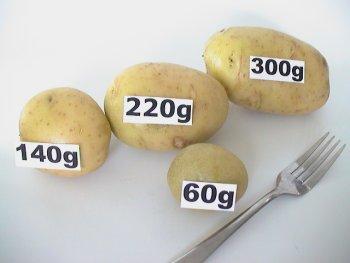stargazer1111
Member
- Joined
- Feb 16, 2017
- Messages
- 425
At first I thought that a theoretical diet which could provide 15 g of potash a day would be challenging to construct, but once the good food sources were collected, to my surprise it wasn't difficult at all.
This is not to encourage anyone to elaborate diets based on apps, to restrict table salt, or that such high intakes are needed. The main purpose of the thread is to eliminate the idea that eating plenty of potash is an arduous task.
A lot of these foods are boiled and drained: it's possible to obtain even more than what's reported here by cooking them with just enough liquid to get them done, so that it reduces to a thick sauce (plug); or by reusing the remaining liquid later on to cook others foods.
The only cheatings on the list are: raw carrots, raw shooting of the bamboos, and dried fruits. The vegetables because I suspect the potassium isn't as available in them. Dried foods, because I didn't want to include them at first, it's somewhat unfair for being dehydrated, but then decided to include them since they're also good sources.
Some fishes contain a surprising amount.
There are a variety of beans but adding them all would be of the laborious.
While editing this post, I realized you can export .csv files from Cron-o-meter but no longer import them. It's a shame because it would be more convenient to just import a list. I probably forgot about a few but it's comprehensive enough:
View attachment 9202
View attachment 9203
Adding them this way allows you to quickly play with different combinations that add up to 15 g or more if you wanted to.
--
And here's a reasonable example that doesn't have anything extreme:
View attachment 9204
View attachment 9205
Believe it or not, the hard time was balancing calcium and phosphorus.

Source: Calorie of the Kings
Believe it or not, it is hypothesized that humans evolved getting somewhere close to 15 grams of potassium per day with a 7:1 ratio of potassium:sodium which puts the sodium intake at only about 2.15 grams.
I'm at about 7 grams with milk, OJ, and meat.


